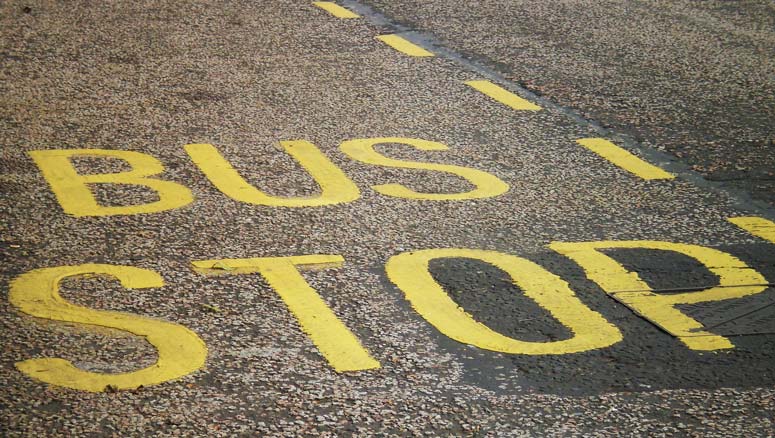What to Know About Indiana Premises Liability Law
“How far can someone flee from a menace before the liability runs out for the business where the trouble started?” This was the question posed after a teenager was brutally beaten right outside of Six Flags in Atlanta. The teenager was waiting for a bus with some friends after the park closed when a group […]

Available 24/7
Free Case Review
You won’t pay any fees until we win your case.
It’s easy - you can:

